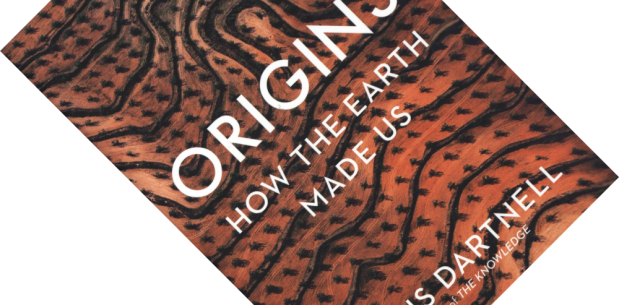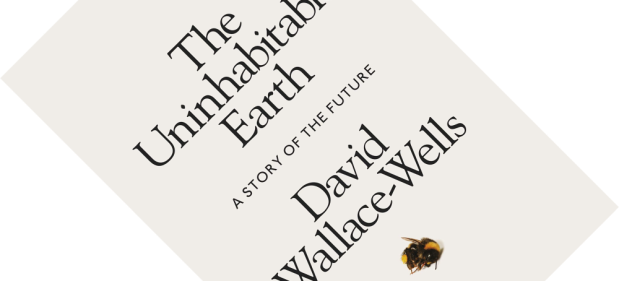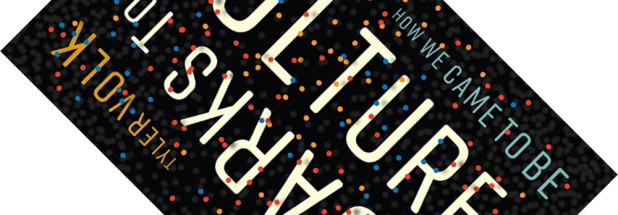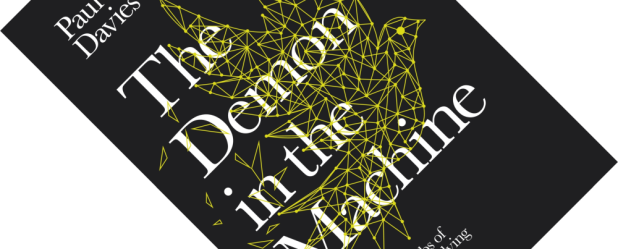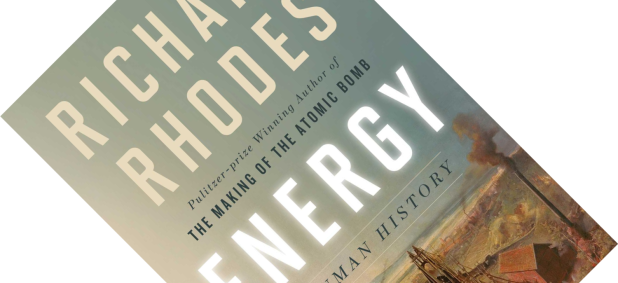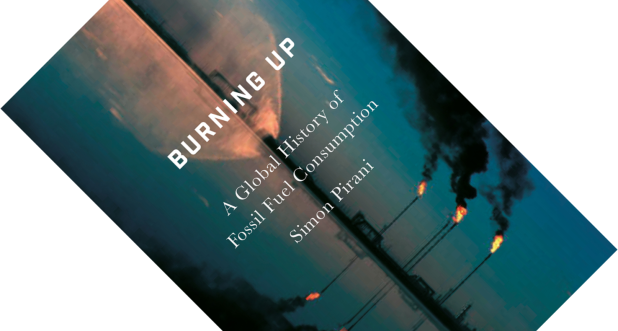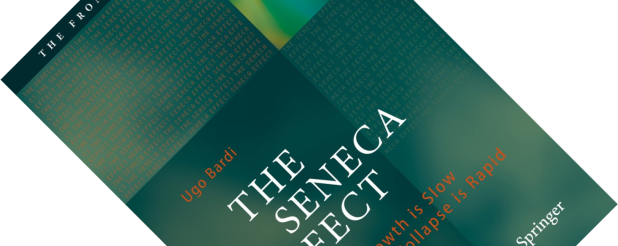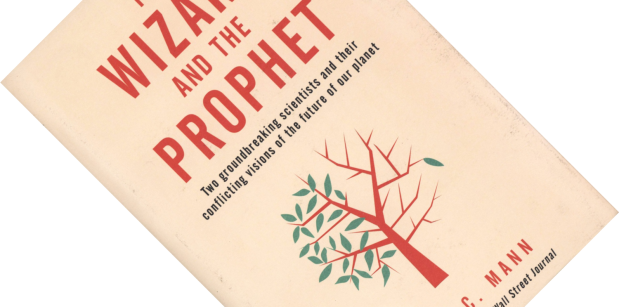Origins asks one question: how did the Earth make us? More accurately, like a six-year-old whose curiosity cannot be sated, there lies a series of recursive “why” questions at the heart of this book. Astrobiologist and science communicator Lewis Dartnell takes a big history look at human evolution and especially civilization, seeing how far down the explanatory rabbit hole he can go. Time and again, he grounds his answers in geology and geography. You would be forgiven for thinking this sounds like what Jared Diamond attempted more than two decades ago, but calling it Diamond-redux would not do it justice.
energy
Book review – The Uninhabitable Earth: A Story of the Future
“It is worse, much worse, thank you think”. With these ominous words, David Wallace-Wells, deputy editor at New York magazine, starts his no-holds-barred story of climate catastrophe. Pulling together worst-case scenario predictions, he is hell-bent on scaring the living daylight out of his readers by sketching the manifold crises that loom in our near future if we let climate change develop unchecked. He proves a poetic agitator and I admire his outspokenness – I don’t think he is alarmist, but simply saying what many scientist are silently thinking. Whether this divisive approach is helpful is another question, and one for which he has been criticised. It is a price Wallace-Wells is willing to pay, because he thinks most people are not scared enough.
Book review – Quarks to Culture: How We Came to Be
How did we get here? It’s a simple question, but as all parents will affirm, the simplest questions can have the most complicated answers. With Quarks to Culture, Tyler Volk, a professor in biology and environmental studies, looks at our human culture and goes all the way back to the beginning (yes, the very beginning) to ask: “Is there a pattern here?”. What follows is a book that should be taken as a spirited thought experiment.
Book review – The Demon in the Machine: How Hidden Webs of Information Are Finally Solving the Mystery of Life
So, quick question for you. What is life?
Sorry, that’s a trick question, for the answer to this is anything but quick. The mind-boggling complexity that is life, even something as “simple” as a bacterium, somehow arises from atoms and molecules. And yet, physics and chemistry as we currently know it seem incapable of answering how life’s complexity emerges from its constituent parts. With The Demon in the Machine, well-known physicist and cosmologist Paul Davies takes a stab at it, saying we are on the verge of a breakthrough.
Book review – Energy: A Human History
The story of human progress is intimately entwined with that of energy. Pulitzer-prize winning author Richard Rhodes here takes the reader on a 400-year tour of energy generation, shining a light on the many forgotten figures whose ingenuity and inventions were instrumental in the many energy transitions.
Book review – Burning Up: A Global History of Fossil Fuel Consumption
Fossils fuels have powered civilization since the Industrial Revolution, and their consumption has exploded in the last few decades. But for all the prosperity that coal, gas, and oil have brought, there are many downsides, not least amongst these climate change. So how did we get here? Usual explanations point at individual consumption and population growth, and I would be quick to agree. With Burning Up, Simon Pirani, a visiting research fellow at the Oxford Institute for Energy Studies, basically says “not so quick, things are not that simple” and provides a deeply researched history of fossil fuel consumption.
Book review – The Seneca Effect: Why Growth is Slow but Collapse is Rapid
I am going to start this review on a tangent. The liner notes of the 1983 album Zeichnungen Des Patienten O.T. of the German industrial band Einstürzende Neubauten contained the slogan “Destruction is not negative, you must destroy to build”. I don’t expect that Ugo Bardi shares my taste in music, but, judging from this book, I’m sure that if we were to sit him down with the band members over a pint, they would have plenty to talk about. Because, according to Bardi, collapse is a feature, not a bug.
Book review – The Wizard and the Prophet: Two Remarkable Scientists and Their Conflicting Visions of the Future of Our Planet
If I asked you to propose solutions to some of the world’s problems and future challenges, things such as overpopulation, food production, hunger, soil erosion, resource depletion, energy production etc., what ideas would you put forth? Most likely, your proposals would build on the intellectual legacy of two men you have never heard of. Allow American journalist and writer Charles C. Mann to introduce you to ecologist William Vogt, father of the environmental movement, and Nobel-Peace-Prize-winning plant breeder Norman Borlaug, instigator of the agricultural Green Revolution.

